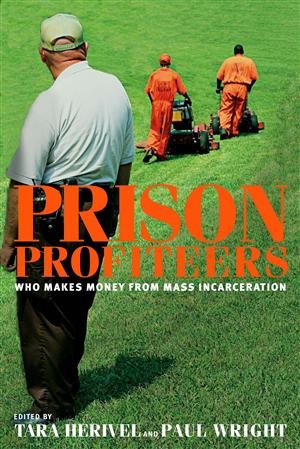by Matt Clarke
Since being signed into law by President Clinton in 1996, the Prison Litigation Reform Act (“PLRA”) has become the premiere obstacle to prisoners’ obtaining relief in federal courts. Touted by proponents as a solution to the fictitious “explosion” of frivolous prisoner litigation that was “swamping” …
by Matt Clarke
The Supreme Court of Hawaii held that a trial court erred by excluding evidence of the victim’s blood alcohol concentration (“BAC”) in a first-degree assault case where the defendant claimed self-defense.
During a family gathering involving a day of drinking, Peter David and his …
by Matt Clarke
The U.S. Court of Appeals for the Sixth Circuit held that the U.S. District Court for the Northern District of Ohio erred when it failed to consider a change in sentencing law announced in United States v. Havis, 927 F.3d 382 (6th Cir. 2019) …
by Matt Clarke
The Supreme Court of Connecticut held that a trial court erred when it limited the testimony of a self-represented defendant in a trial for injury to a child. The testimony at issue would have explained why the defendant felt it necessary to physically drag his …
by Matt Clarke
In a case of first impression, the Supreme Court of Colorado announced that when calculating financial means to hire an attorney in determining whether a defendant is indigent and thus entitled to court-appointed counsel the parents’ income in a joint household is excluded from the …
Memory-Expert Psychologists Recommend Stopping All In-Court Identification and Repeated Lineups
by Matt Clarke
The Heisenberg Uncertainty Principle is a scientific concept in quantum physics explaining that the position and velocity of a sub-atomic particle can never be truly known because the very act of measuring those quantities …
by Matt Clarke
The Supreme Court of Vermont held that a trial court erred when it prohibited a defendant from raising the defense of diminished capacity, without relying on any expert witnesses, because she failed to give notice of intent to use that defense. In refusing to consider …
by Matt Clarke
The U.S. Court of Appeals for the Ninth Circuit held that the U.S. District Court for the Southern District of California erred in failing to provide advance notice of a special condition of supervised release that wasn’t listed in the mandatory or discretionary conditions in …
by Matt Clarke
The U.S. Court of Appeals for the Eighth Circuit held that the U.S. District Court for the Western District of Missouri erroneously relied on inadmissible hearsay to revoke a federal defendant’s supervised release. The Court vacated the revocation of sentence and remanded for resentencing on …
by Matt Clarke
The Supreme Court of Pennsylvania held that a note implicating the husband of a woman who was drowned the day after she wrote it was inadmissible hearsay, after it had announced a new analytical framework for determining whether the state of mind exception to the …





